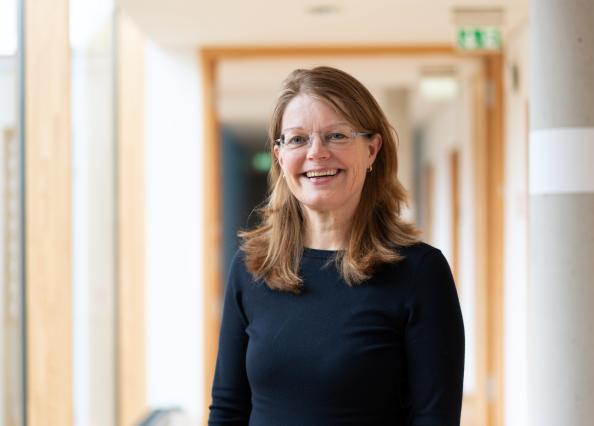Dagmar Schäfer is a Director at the Max Planck Institute for the History of Science in Berlin (MPIWG), where she leads Department III, “Artifacts, Action, Knowledge.”
Her research interests range from the history and sociology of technology of China to the paradigms configuring the discourse on technological development past and present.
Dagmar Schäfer has published widely on the premodern history of China (Song-Ming), the processes and structures that lead to varying knowledge systems, and the changing role of artifacts—texts, objects, and spaces—in the creation, diffusion, and use of scientific and technological knowledge.
Schäfer’s monograph The Crafting of the 10,000 Things (University of Chicago Press, 2011) received the Pfizer Award and Levenson Prize. Recent publications include a special issue of Technology and Culture coedited with Simona Valeriani, “Technology Is Global: The Useful & Reliable Knowledge Debate,” and the forthcoming Ownership of Knowledge: Beyond Intellectual Property (coedited with Annapurna Mamidipudi and Marius Buning, Brill, 2022). In 2020, the German Research Foundation (DFG) awarded her the Gottfried Wilhelm Leibniz Prize for her development of new approaches to cultural studies and comparative perspectives on a comprehensive global history.
Dagmar Schäfer trained as a sinologist and historian of science and technology. She earned her doctorate at Würzburg in 1996 and her habilitation in 2005. After leading an MPIWG Independent Research Group on the history of science and technology in China, she was appointed Chair of China Studies and History of Technology at the University of Manchester in 2011, before joining the MPIWG as a Director in 2013.
Dagmar Schäfer is one of the IMPRS-KIR’s three Speakers.
Find out more about Dagmar Schäfer on the MPIWG website.
